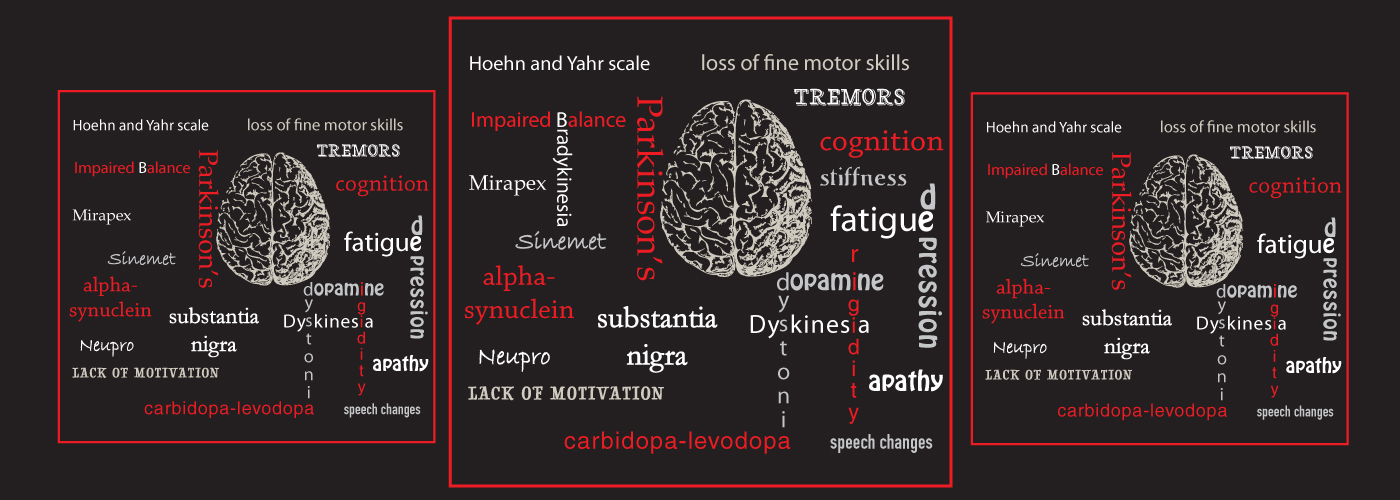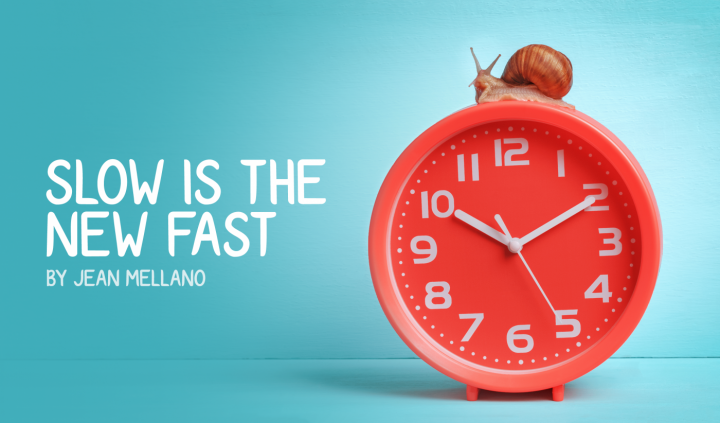Arranging for My Brain Donation Was an Arduous Process
Written by |

(Graphic by Jean Mellano)
Why is there no cure for PD?
In my mind, there are several potential reasons there is no cure for Parkinson’s disease (PD). The brain is an extremely complex organ and there is no known definitive cause for the disease. Each PD diagnosis is unique, patients suffer different symptoms and different rates of disease progression, and certain remedies work for some but not for others. Is there any wonder why there is not yet a cure for PD and why nothing currently exists to slow its progression?
How can I help?
I do not believe there will be a cure in my lifetime. However, I want to be able to do what I can to help so that others diagnosed with PD in the future will have some hope. Other than participating in clinical trials and research studies, there is one other option I found that may help those diagnosed with PD in the future. I have arranged to donate my brain for research. Brain donations give researchers the chance to understand PD better. This will facilitate new treatments while also helping to increase the odds of finding a cure.
Please note that brain donation is not considered part of organ donation and must be handled separately.
To donate or not to donate?
I give you fair warning: My experience in researching and processing the paperwork to donate my brain was extremely frustrating. It was also a huge emotional roller coaster, and more than once, I was tempted to give up. It took almost three months from the time I started investigating my options until I received final confirmation that my request will be honored.
I believe we all struggle with accepting our mortality, PD-afflicted or not. I don’t know of anyone who looks forward to planning for their demise and what happens after, especially when it comes to things like organ donation and cremation. What if I need my body and all its parts in the afterlife? This is a thought that crossed my mind many times while I was in a holding pattern waiting for the donation organization to get back to me. Only focusing on my end goal of donating my brain with the intent of helping others kept me from quitting.
The process
After doing a Google search on brain donation, my first stop was the Brain Support Network website.
Question 3.7 of their FAQs indicated the following:
“… New York makes brain donation difficult because state law requires that the brain be procured at a hospital. No New York hospitals are willing to plan in advance for brain donation.”
So, it seems that living in New York adds another layer of complexity when you want to donate your brain.
I found my way to a site that lists the six U.S.-based regional brain banks, one of which was Mount Sinai Hospital in Manhattan. I clicked on their website and finally discovered the right place! There, I found contact info and forms to download.
Unfortunately, getting someone to confirm that my paperwork was received and processed was a long, arduous process. I wanted to ensure that all was taken care of so my loved ones would not be left wondering what my wishes were and how to accomplish them after I die.
My mind was finally put at ease when I received my formal donor card in the mail. Now, I can forget about the dilemma of having a brainless body in the hereafter.
***
Note: Parkinson’s News Today is strictly a news and information website about the disease. It does not provide medical advice, diagnosis or treatment. This content is not intended to be a substitute for professional medical advice, diagnosis, or treatment. Always seek the advice of your physician or another qualified health provider with any questions you may have regarding a medical condition. Never disregard professional medical advice or delay in seeking it because of something you have read on this website. The opinions expressed in this column are not those of Parkinson’s News Today or its parent company, Bionews Services, and are intended to spark discussion about issues pertaining to Parkinson’s disease.




bill king
I was diagnosed with atypical Parkinson's [CBD ] in 2015 , Although I had symptoms of PD since 2011.
I want to donate my brain for research but I found it difficult to do so.
I found that Robin Riddle at UCSF is a big help.
Bill
Thank you for sharing that info about Robin. It should not have to be so hard to donate one’s brain. We’re you finally able to get it done?
Elaine Corn SooHoo
I signed forms at the outset of a 5-year clinical trial at UC-San Francisco through the Michael J Fox Foundation studying specifically the LRRK2 gene mutation. It seemed ridiculously easy. To make sure I am putting my wishes in my will and trust papers.
Maybe it was difficult for me because of the way NY handles it. I truly believe donating our brains to help others after we are gone is a gift worth giving.
Laura Stein
Thanks, Jean. As always, you inspire. I'll begin the process!